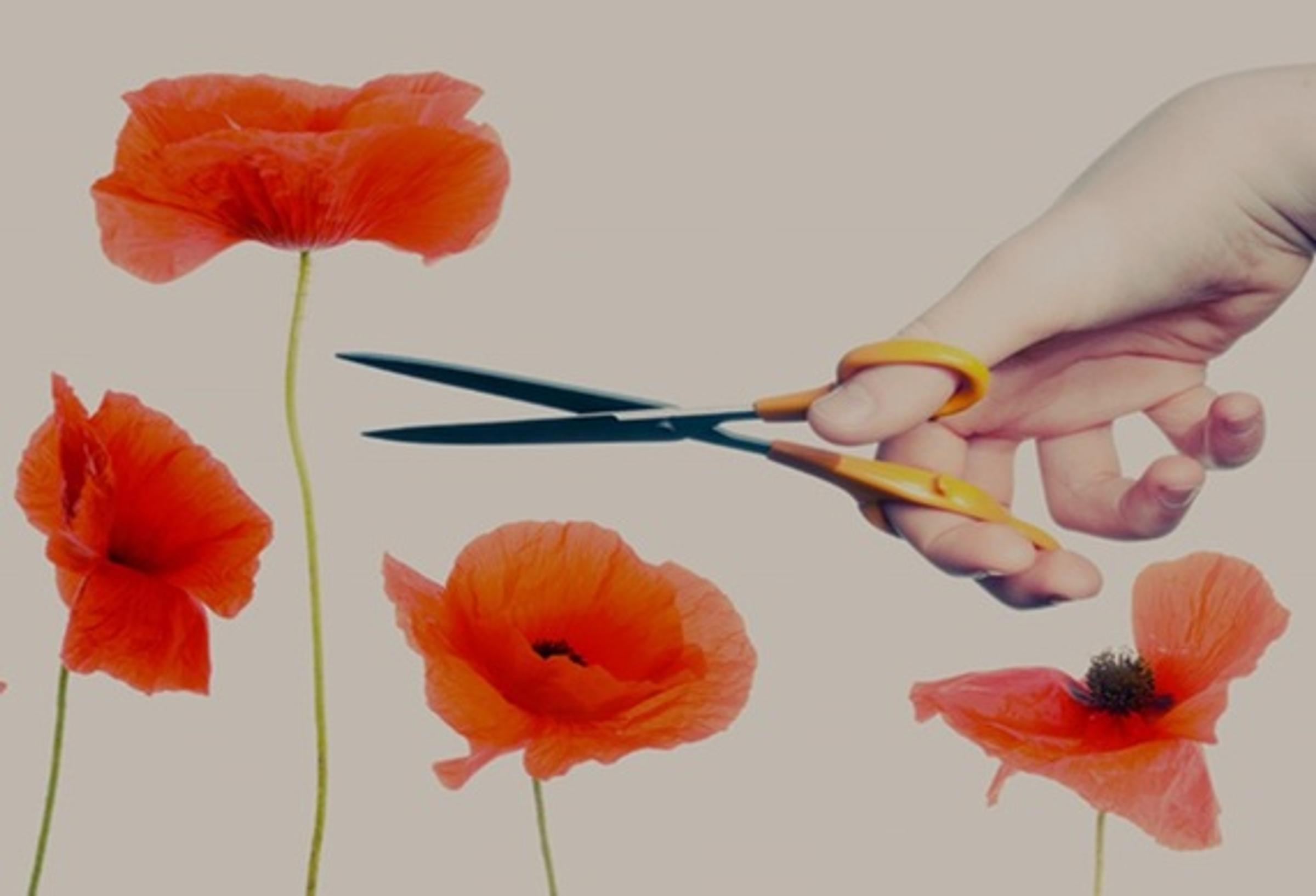Counselling Suite

Tall Poppy Syndrome
‘Tall poppy syndrome’ is sadly alive and well in Australia still. We often feel compelled, or even justified, to cut down, attack, undermine or criticise those who appear to be achieving, thriving, who are successful or who we perceive as having some sort of superiority over us (i.e. this could be in terms of their performance, intelligence, sporting ability, fame, wealth, looks, qualifications, parenting ability, possessions, the list goes on…). The poppies that grow higher than the rest get their heads lopped off. There is a misperception that the ‘tall poppies’ of the world will not be impacted by our attempts to lop their heads off. Sometimes we even wrongly think that it will benefit them to “bring them down a few notches”, because of our perception that they must be arrogant or conceited (because deep down, we think they are superior to us). A prime example of the tall poppy syndrome in action is the online trolling of celebrities, sporting stars and politicians.
What is the impact of tall poppy syndrome on children? Some of the young people I see feel too ashamed to celebrate their accomplishments, despite putting in the hard yards, due to a fear of being accused of bragging or being “up themselves”. They also have great difficulty acknowledging their strengths, positive qualities and achievements. They are quick to fend off compliments and readily minimise the good things they do. All of this is often at the expense of their self-esteem.
A culture of tall poppy syndrome also impacts on young peoples participation at school, extra-curricular activities and social events. Indeed, research has shown that a culture of tall poppy syndrome results in a reduction in average performance of up to 20% in organisations. How might this manifest in the school setting? Students might know the answer to a difficult question in class but they won’t put their hand up. They might have gone overseas in the school holidays but they won’t tell their friends about it when they return to school or feel the need to play it down as “boring” if they do. They may have increased their fitness over the school holidays but won’t partake in the Athletics Carnival. They won’t tell teachers about the volunteer work they do outside of school hours. They may be highly intelligent but won’t start their assignment until the last minute. They might have impeccable style but will deliberately dress down to casual days or social events. Essentially, they do not want to showcase their strengths to others because of a fear that they will then be targeted or attacked for standing out.
So how can we create a culture that celebrates the success of those around us and helps us to feel safe to celebrate our own successes? There is such a strong focus on gratitude these days – we are told that taking time out to think about how grateful we are for things like our food, having a roof over our heads, our friends, our families, will help us to lead more fulfilling lives, and this is true. How about we also take the radical step of showing some appreciation for ourselves? This could take the form of listing some of our positive qualities and recording how we have lived these out on a given day (which can be particularly helpful for people suffering from low self-esteem). We can also do this by accepting a compliment though. Or by telling people about the good stuff in our lives (not just the bad!). Or by allowing ourselves to feel proud every now and then. Or by refraining from attacking or undermining others who we may feel inferior to. Or by refraining from self-deprecation every now and then (even if this is a big part of our sense of humour). As cheesy as it sounds, if we learn to embrace our own strengths, show courage to stand out from the crowd, and to celebrate our own uniqueness as well as the unique strengths of those around us, then the children in our lives may feel safer to do the same and are more likely to reach their full potential.
If you are having trouble identifying your strengths, the VIA Character Strengths survey may be a good starting point for you: https://www.viacharacter.org/Survey/Account/Register
It may also be helpful to ask yourself the following questions:
- What are some challenges that I have overcome and how did I do this?
- What do others say they like about me?
- What are some attributes that I like in others? Might I share some of these in common with them?
- How would someone who cares about me describe me?
- If someone shared my identical characteristics, what would I admire in them?
- What bad qualities do I not have?
If you are concerned about the mental health or wellbeing of your child, you can refer them to the student counselling service by completing the referral form on Seqta and emailing it to counselling@bps.sa.edu.au
Dr Lucinda Clifford
Psychologist
